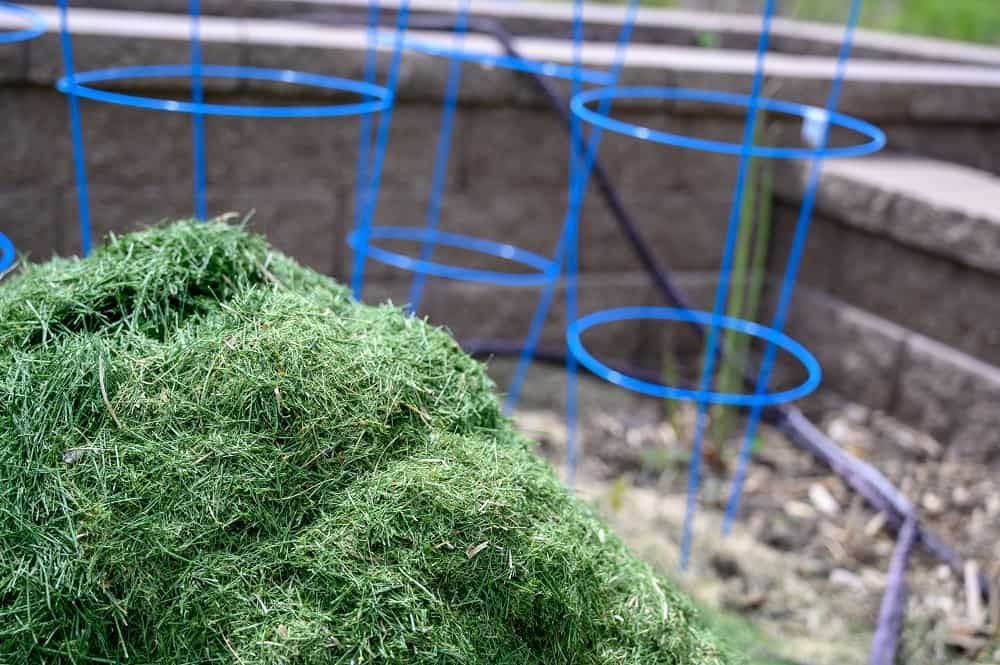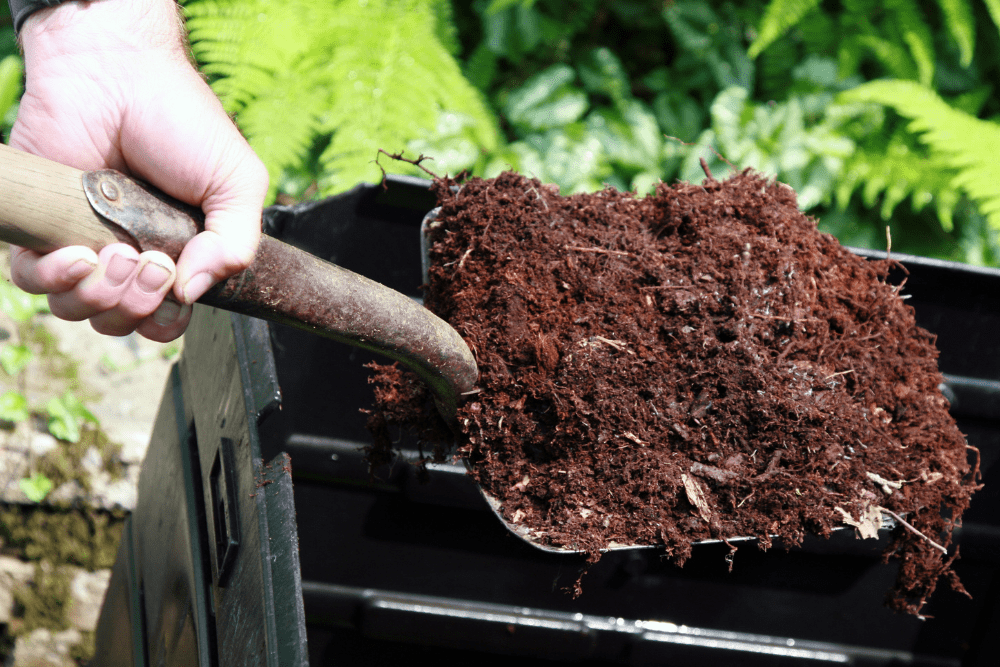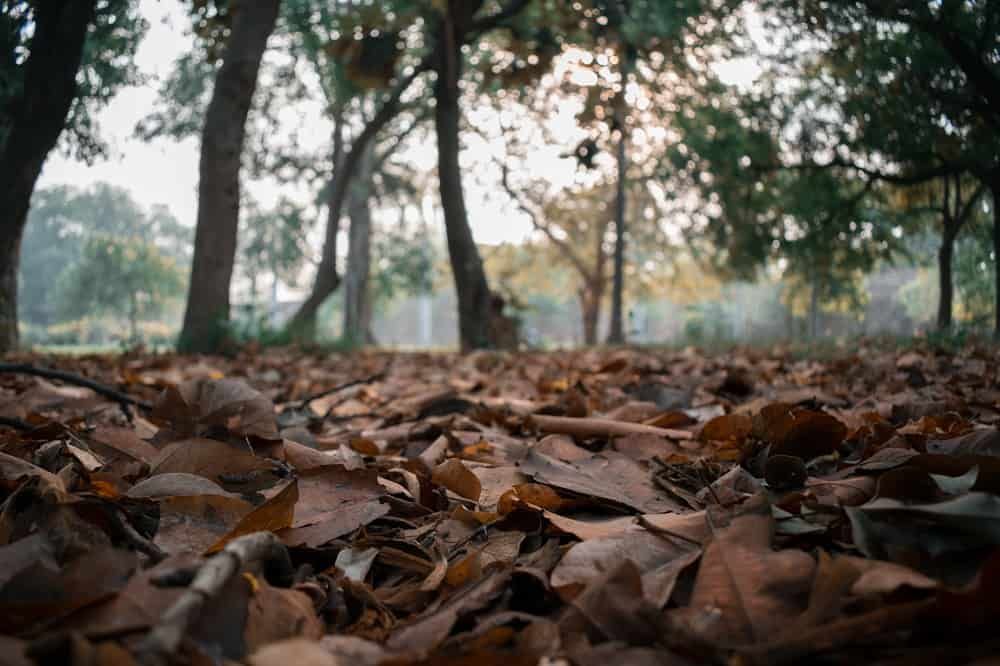Mulching your vegetable garden is a great way to keep the soil healthy and improve the overall appearance of your garden. And not only does it help keep weeds down, but it also helps hold in moisture and keep the soil cool.
There are many different types of mulch available, so it can be tough to know which one is best for your garden. Keep reading to learn about the four best mulches for your vegetable garden!
Grass Clippings
Image credits: Lost_in_the_Midwest via Shutterstock
If you're looking for a way to mulch your vegetable garden without spending a lot of money, grass clippings are a great option. You can use them as a mulch around your plants to help preserve moisture and inhibit weeds from growing.
First, mow your lawn and collect the grass clippings. Be sure to only use fresh grass clippings that haven't been treated with herbicides or pesticides.
Next, spread the grass clippings around your plants, covering the base of the plant and the surrounding soil. You can also add a layer of straw or leaves on top of the grass clippings to help hold them in place.
Finally, water your garden well so that the grass clippings have a chance to break down and start mulching your plants. You'll need to add more grass clippings every few weeks as they decompose.
If you have a lot of grass clippings, you can compost them first and then use the finished compost as mulch. It is a great way to recycle lawn waste and give your plants a boost at the same time.
Compost
Image credits: Onfokus via Canva
Composting is an excellent way to fertilize your vegetable garden and reduce your carbon footprint. By composting, you are essentially recycling organic matter back into the earth. This process creates nutrient-rich soil that helps plants grow strong and healthy.
There are a few things to keep in mind when using compost mulch in your garden. First, make sure the compost is completely broken down before using it as mulch. If there are still large chunks of organic material, they can take longer to break down and may tie up nutrients that your plants need.
Second, don't apply too much compost at once. A thick layer of compost can smother your plants and prevent them from getting the oxygen they need.
Third, make sure to compost your manure if this is something you plan on using. Fresh or un-composted manure can contain harmful bacteria that can make you sick. Manure compost is great for heavy feeding plants but remember to err on the side of caution.
If you are looking for a way to fertilize your vegetable garden, compost is the way to go! It is easy to make and provides numerous benefits to your plants and the environment. So, get started today and compost your way to a healthier vegetable garden!
Straw
Image credits: modesigns58 via Canva
Straw is a great mulch for your vegetable garden. It helps to keep the soil warm in the winter and cool in the summer. It also adds nutrients to the soil as it decomposes.
Make sure to get straw that is clean and free of debris. You don't want to introduce any unwanted materials into your garden.
Spread a layer of straw around your plants, making sure to cover the ground completely. It will help prevent weeds from sprouting up and competing with your vegetables for resources.
Keep an eye on the straw and add more as needed throughout the growing season. As the straw breaks down, it will need to be replenished.
When it's time to harvest your vegetables, simply remove the straw and compost it.
Dry Leaves
Image credits: Aman Upadhyay via Unsplash
Keep your vegetable garden healthy and thriving by using dry leaves! To use dry leaves for mulch, simply gather them up and spread them around your garden. You can do this in the fall when they're starting to turn brown or in the spring after they've had a chance to dry out completely.
Be sure to chop or shred the leaves before applying them to your garden, as this will help them break down more quickly. As the leaves decompose, they'll release important nutrients into the soil that your plants will love. This makes using dry leaves for mulch a great way to give your garden a natural boost! Plus, it's a great way to recycle yard waste instead of sending it to the landfill.
So, if you're looking for a healthy, eco-friendly way to mulch your vegetable garden, dry leaves are a great option. Give it a try and see how your plants respond!
Get Mulching!
Now that you know about the four best mulches for your vegetable garden, it’s time to get mulching! Mulching is a great way to keep your plants healthy and looking their best, and it’s easy to do.
Have any tips or tricks of your own? Let us know in the comments below. And as always, happy gardening!





